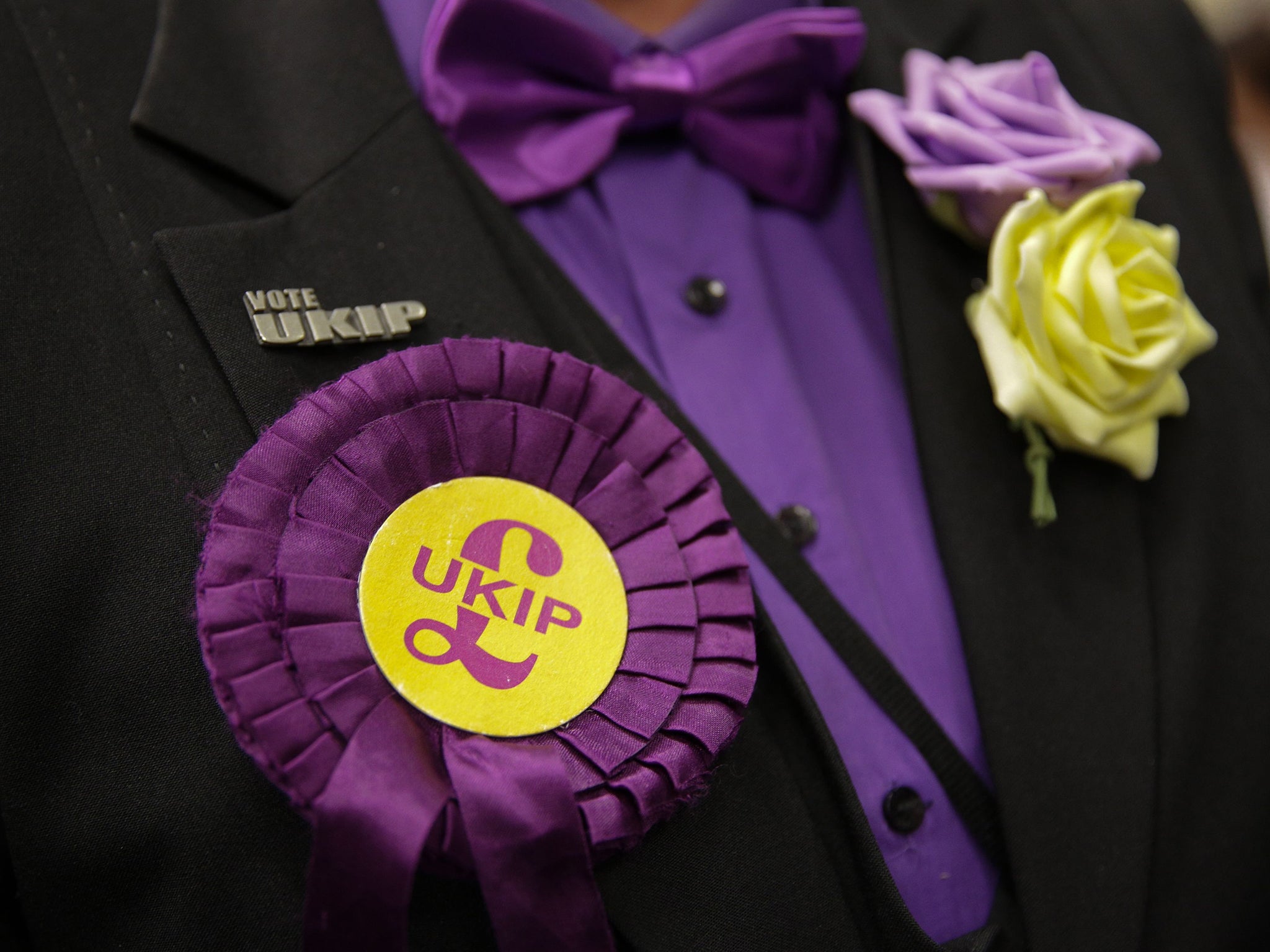Fringe parties will make a difference this election – we should be worried
Small parties have been gaining in popularity since 2015, but with the rise of the far right over Brexit we should be concerned


Your support helps us to tell the story
From reproductive rights to climate change to Big Tech, The Independent is on the ground when the story is developing. Whether it's investigating the financials of Elon Musk's pro-Trump PAC or producing our latest documentary, 'The A Word', which shines a light on the American women fighting for reproductive rights, we know how important it is to parse out the facts from the messaging.
At such a critical moment in US history, we need reporters on the ground. Your donation allows us to keep sending journalists to speak to both sides of the story.
The Independent is trusted by Americans across the entire political spectrum. And unlike many other quality news outlets, we choose not to lock Americans out of our reporting and analysis with paywalls. We believe quality journalism should be available to everyone, paid for by those who can afford it.
Your support makes all the difference.With Labour divided, the Lib Dems declining and the Tories under scrutiny for their Brexit decisions, this election will be a chance for smaller parties to gain popularity. I am both excited and terrified about this.
The rise in smaller parties has been happening steadily over the past few years, mostly, it seems, because of disappointment and lack of trust in the biggest political parties.
You could see the beginnings of current frustrations in 2015 – people were angry over the rising cost of education, increasing privatisation of public services like the NHS, and austerity measures that have affected thousands of people needing state support, to name but a few.
Although the Tories won in 2015, there was still a clear backlash against the previous government. It was mostly, unfortunately, taken out on the Lib Dems, who lost 41 of their 49 seats. It was also shown in the rise in votes for fringe parties – Ukip being the most notable, gaining almost 10 per cent more votes than in the 2010 election, with the Green party also gaining 3 per cent.
With the country divided over Brexit, and Labour and the Tories squabbling among themselves about what to do next, I really do feel the sense of hopelessness that was felt in 2010 has only increased.
I want to believe in Jeremy Corbyn – I really do. I think he’s a nice guy, someone who comes across to me as genuine and emotional about the issues he campaigns for, unlike most politicians who are so disconnected from most of society that they have no idea of the effects of the policies they are voting for.
But Jeremy Corbyn is not the left’s answer. Labour has confirmed it will vote yes to another general election, and Corbyn has said that his party will be “offering the country an effective alternative to a government that has failed to rebuild the economy, delivered falling living standards and damaging cuts to our schools and NHS.” All very admirable promises, but I feel most people on the left don’t have faith that Labour will be able to deliver these promises. I certainly don’t.
So who will the left vote for? There’s a chance that the Lib Dems will do better – in the first hour since the general election announcement this morning, they gained 1,000 members. Because of their strong anti-Brexit stance, despite being a party that’s more centre than left, I feel they might gain popularity because of this.
Then there are the smaller parties – the Greens and the newly formed Women’s Equality Party. They are not without their flaws, but they offer a refreshing alternative: parties that are united and clear on their messages. Most importantly, they challenge the current political status quo – the very thing that people want most.
But there is an even more terrifying possibility – the rise in votes for Ukip and other far-right parties. Many on the right have been feeling dissatisfied with Theresa May’s choices for Brexit. They want tougher negotiation talks and they feel the government is being too friendly with the EU. After Donald Trump’s shock victory in the US, I’m worried we might be naïve about just how much popularity the far-right has gained here too.
I’m positive the Tories will win, the polls are predicting it already, but how the remainder of the votes is divided will say a lot about who we are as a country.
Join our commenting forum
Join thought-provoking conversations, follow other Independent readers and see their replies
Comments